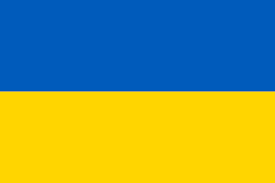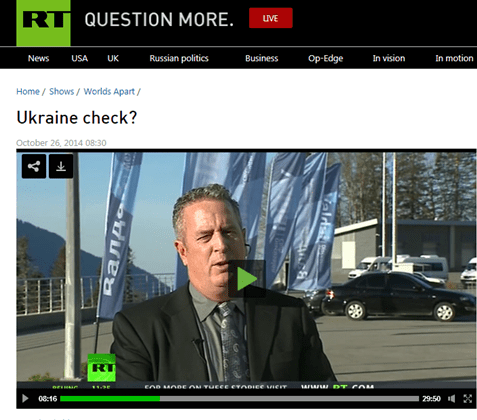Looking at the exit polls and preliminary results released just after the Ukrainian parliamentary elections ended today, at least two developments stand out, one hopeful and one worrisome.
First, the hopeful. The Poroshenko Bloc, the force most directly supporting the incumbent president, received under a quarter of the party-list vote, with the party chaired by incumbent Prime Minister Arseny Yatseniuk (Popular Front) receiving nearly the same share of the vote.
While some might worry about the president’s failing to secure a large personal delegation to back him in the parliament, this actually augurs well for Ukrainian democracy. As I argue in a new book, one of the greatest challenges to democracy in the post-Soviet context has come from directly elected presidents who have usurped power from parliament and government, sometimes for the sake of implementing what they have seen as needed reforms and sometimes for the sake of power (or the financial payoffs from it).
If the exit polls stand up, and if the Poroshenko Bloc does not win a stunning landslide in the district elections for which we do not yet know the results, the Ukrainian parliamentary election means that the president will not likely be in a position to firmly control the Rada personally. And this is very important under Ukraine’s current “divided-executive” constitution, by which the parliament determines the governing coalition and, accordingly, decides who is the prime minister and who occupies many other posts.
This means that any attempt by the president to usurp parliamentary powers will likely face significant resistance from these officials and the Rada parties. Moreover, the governing coalition will likely involve the coming together of a range of distinct political forces in Ukraine, not just those in the president’s inner circle or those who struck the most timely early deals with it, winding up on the president’s party list.
The danger, of course, is gridlock, the kind of permanent fighting between president and prime minister that plagued Ukraine after the Orange Revolution until Ukrainians, fed up, finally voted Viktor Yanukovych into power in 2010.
But whether this sad history is repeated depends on the politicians who occupy these key posts now that Ukraine’s national election cycle is over. Those who hope the best for Ukraine should hope that its leaders are willing to compromise with each other and govern together for the good of the country, foregoing the temptation to struggle for personal political or economic position.
The second, and more worrisome result, is that turnout was relatively low. Despite Ukraine’s very future as a state being at stake, preliminary results indicate that only barely over half cast a ballot. And it appears that many of the non-voters were from precisely those areas where opposition to incumbent authorities would be expected to be highest, including eastern and southern parts of the country.
Whatever the causes of the low turnout–threats from separatists, alienation from the political process, or a protest mood–this pattern suggests that the new government will need to be very careful not to overlook these people’s interests as it moves forward with policy lest it set the stage for major legitimacy problems and potentially a backlash later. These people must be shown the benefits of being in a united Ukraine.
The temptation for the winners will be to reward those who supported them. But the long run future of Ukraine may hinge more on how they treat the losers.
Henry E. Hale, George Washington University
October 26, 2014










